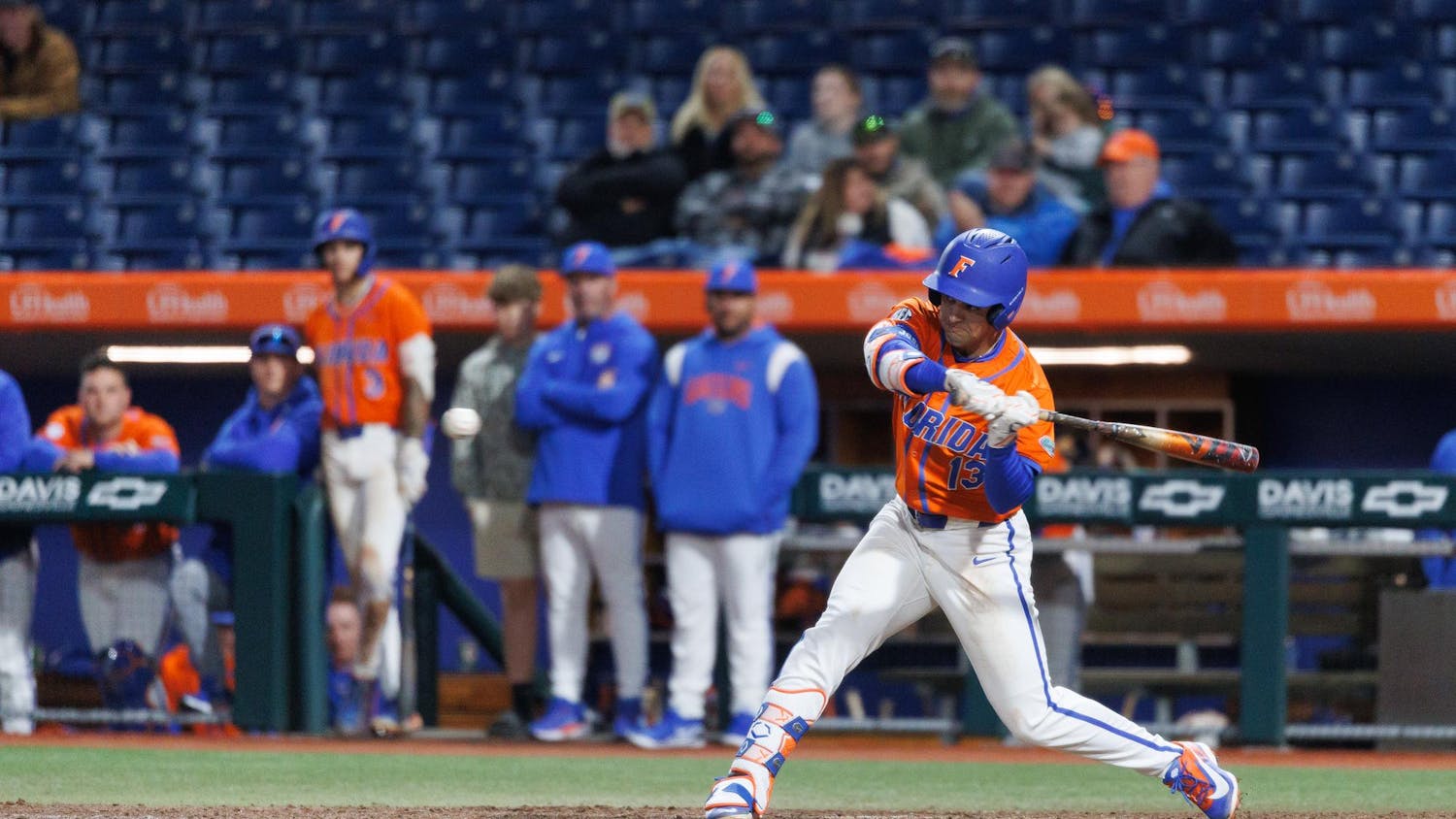By MICHAEL HERBERT
Alligator Contributing Writer
Some bouquets, like those given on Mother's Day, may lose their luster when buyers find out how the flowers were picked.
The Civic Media Center, 433 S. Main St., will host a panel tonight at 7:30 about the oppressed flower laborers of Columbia.
Speakers will include Amanda Camacho, President of Asopapagayo Flower Union in Bogota, Colombia and Carolina Delgado, South Florida Organizer for Fairness in Flowers Campaign.
"We're going to hear directly from the people on the ground, working in these plantations," said James Schmidt, a coordinator at the Center. "[The event] represents a movement to unite organizations for justice for flower workers in Latin America and the U.S."
In 2004, U.S. consumers bought $385 million of Colombian-grown flowers. Colombia is the second largest flower producer in the world. Most of the country's flower workers are women, many of whom are single mothers, who face sexual harassment, unsanitary working conditions, pesticide exposure, over-work, lack of maternity leave and unsafe work conditions.
The panel will focus on these and other issues, according to Delgado.
With most cut flowers bought in the U.S. being given to women, it is especially important for them to know where their flowers are coming from, Delgado said.
Camacho is one of thousands of flower laborers who works about 48 hours a week at $8 a day.
Near Valentine's Day and Mother's Day, this workload increases to a work week upward of 80 hours, without pay increase, Delgado said.
Camacho has toured the U.S. for two weeks to raise awareness about the working conditions, Delgado said.
She feels that developing the Fair Trade Certification, which ensures that workers worldwide receive proper pay, treatment and social aid, would help flower workers.
"There is no Fair Trade presence in Colombia currently," Delgado said. "Developing a Fair Trade label is difficult."
Veriflora, a program that is in development, would fill that need, but it is in its infancy.
The main obstacle to Fair Trade in Colombia is the legitimacy of protective organizations and the social requirements of Fair Trade Certification, she said.
Delgado made the distinction between labels such as Fair Trade Certified, which are recognized as ensuring safe working environments and worker compensation, and labels that she and many organizations consider to be purely for marketing, such as the current Florverde label in use in Colombia by many flower companies.
In addition to attending the event and supporting the organizations pushing for fair treatment of farm workers, Schmidt also recommends people be conscious of the flowers they purchase.
"You can actually buy Fair Trade flowers online or from your florist," he said.
The National Farmworker Ministry, Central Florida Jobs with Justice and the Farmworker Association of Florida will host the event. All three organizations are working to support efforts for and spread knowledge about the fair treatment of farm workers, both locally and internationally.





